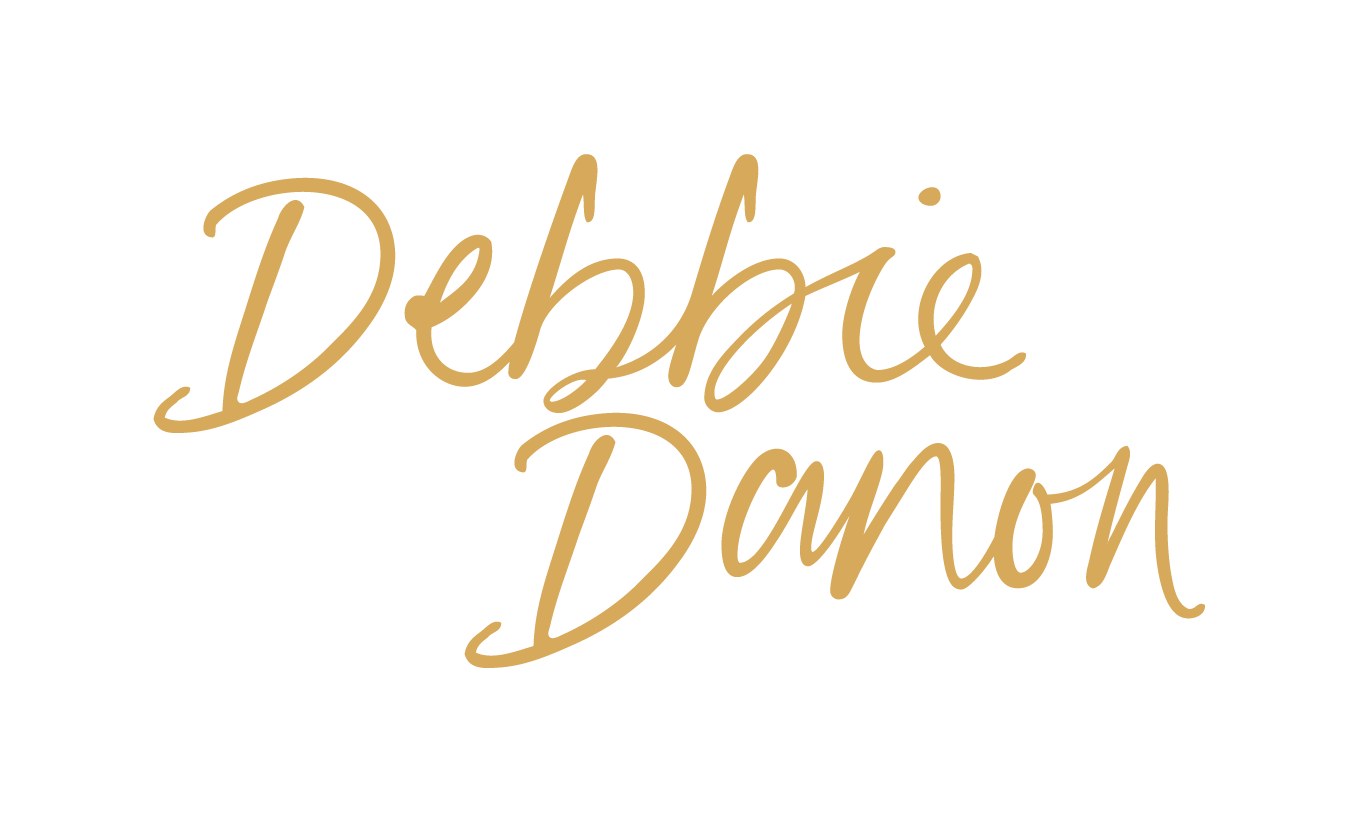My Inner Critic, The Patriachy and Me
I work with my clients on freeing themselves from their Inner Critic all the time.
And yet my own Inner Critic nearly came between me and a long-held dream this summer.
If you’ve ever doubted yourself capable of stepping up to a leadership role, I wonder if you can relate…
Image by Dev Asangbam on Unsplash
In July, my Rabbi approached me with an invitation. He asked if I would lead my community on Yom Kippur, the Jewish Day of Atonement, and the holiest day of the year.
Leading complex music and challenging liturgy, with the power to help people embrace tshuva, the power to recommit to doing good in the world. This challenge was right up my alley in so many ways.
There were a lot of reasons to say ‘no.’
Business, charity work and a toddler to juggle.
A little stage fright. (So far so normal.)
But front and centre was my Inner Critic. Backed up by a chorus of 5,000 years of patriarchal voices, singing…
‘Oh no you don’t!’
You see, as a girl raised in the Orthodox Sephardi tradition, I spent the High Holy Days sequestered in a raised gallery, far from the spiritual action led entirely by men. It was out of the question that I would sing in the choir (boys only), or sing loudly from the gallery (how immodest!).
Ironically, I sang in cathedrals and chapels through my Church of England school choir. But it took me many years of building fringe and alternative Jewish communities and even empowering other women to lead, to allow myself to integrate my singing and poetry with my own spirituality.
Fast forward to 2021. I have since co-founded an egalitarian Reform community where women can lead, and where I frequently lead services on Shabbat. I have friends who are powerful, accomplished women rabbis and service leaders.
But when we live in bodies that have been historically marginalised, there’s a leap to be made from...
'I trust that it is safe and possible.'
to
‘I believe others can do it.’
to
‘I allow myself to do it.’
So my body gave me a wavering ‘Maybe.’ It wasn’t that I didn’t think I could sing the notes or write meaningful words to inspire transformation. It was those voices that made me freeze…
I realised that unless I did some Inner Critic work with myself, my ‘Maybe’ would become a fear-based ‘No.’ And deep down, I knew I’d sorely regret it.
So, inspired by the incredible book Soul Without Shame by Byron Brown, I sat in the park and wrote out what the Inner Critic was saying to me…
‘What would your great-great-grandparents think?!’
‘Don’t be so arrogant and immodest! Step back and let a man do it.’
‘If you mess up, you’ll never recover from the shame!’
The ancestral trauma was real. It felt like there was a huge stone wall between me and stepping up to leadership.
And yet, another part of me, quiet and determined, had something to say too…
‘You done harder things than this before. ’
‘Remember, you don’t have to do it alone.’
‘You’ve dreamt of this for so long. Don’t waste this moment.’
I jolted with surprise. It was the first time I’d admitted how deeply I longed to take up this leadership role.
Before I knew it, I found myself addressing the all-male choir in my journal…
‘I know you’re trying to protect me.
Thank you for doing that.
Really, thanks so much for trying to shield me from the shame of millennia.
But the shame you’re worried about won’t materialise.
Not from my family, my community, or myself.
It’s yours. I don’t want it.
I am Debbie. I’m a 37 years old woman in 2021.
And with champions in my corner, I can rise to this challenge.
I’ll do it my way, thanks very much.
Please step into the foyer. I need the theatre to rehearse.’
I laid down my pen and blinked in disbelief at the words I’d written. I closed my eyes and my body relaxed as fear drained away.
The stone wall disappeared. Behind it I could see myself. Singing, leading, weaving meaning for people on the holiest day of the year.
Rabbi Daniel to my right. My fellow cantor Sam to my left.
Photo by Eric Ward on Unsplash
A full-bodied ‘yes’ emerged.
‘I allow myself to do it.’
* * *
Much is said and written about the Inner Critic and Impostor Syndrome in leadership circles.
It is the part of us that exists to protect us from the risk of vulnerability - with the best of intentions, but with a disastrous lack of finesse.
To make things worse, when we have lived or inherited experiences of marginalisation, our Inner Critic can use internalised oppression as another weapon to limit our exposure to risk. It parades as protecting us from shame that is not even ours to begin with.
But make no mistake.
The cost of this ‘protection’ is our full-force flourishing.
Our authenticity, our courage and our full contribution are at stake.
Marginalisation is never the fault of the marginalised. But we can take responsibility for writing and rewriting our own destinies.
Until we learn to work with the Inner Critic, to heal from marginalisation, and to amplify other inner voices that long for challenge and change, we will never achieve our full potential.
If you are sick of that inner voice saying ‘You shouldn't…!’
If you fear or procrastination are getting in the way of that leap you long for…
If you feel like a flourishing future is for other people, but not for you…
…I’d love to set up a chat. Let’s see how we might work together.
Sign up to the Mailing List for insights, inspiration
and opportunities to learn with Debbie live.




